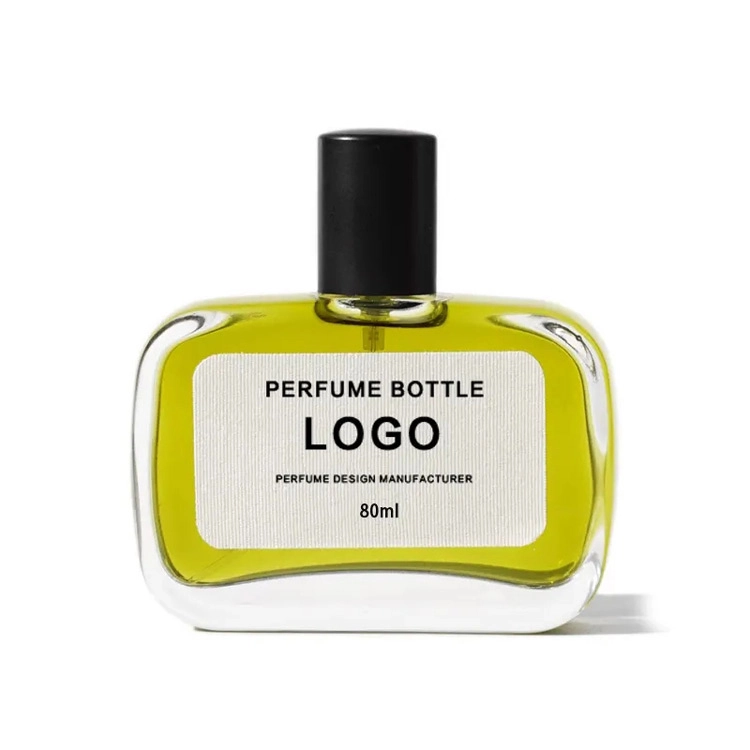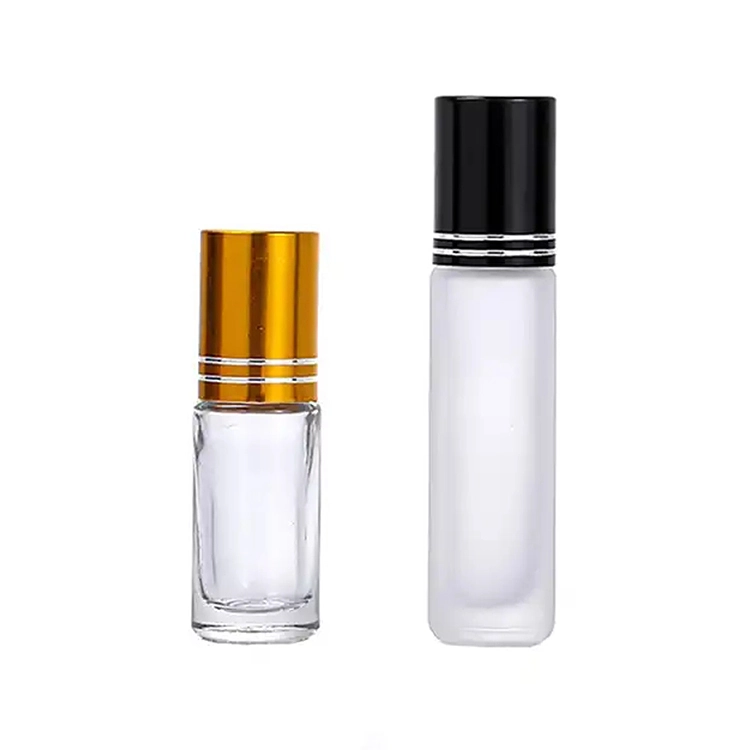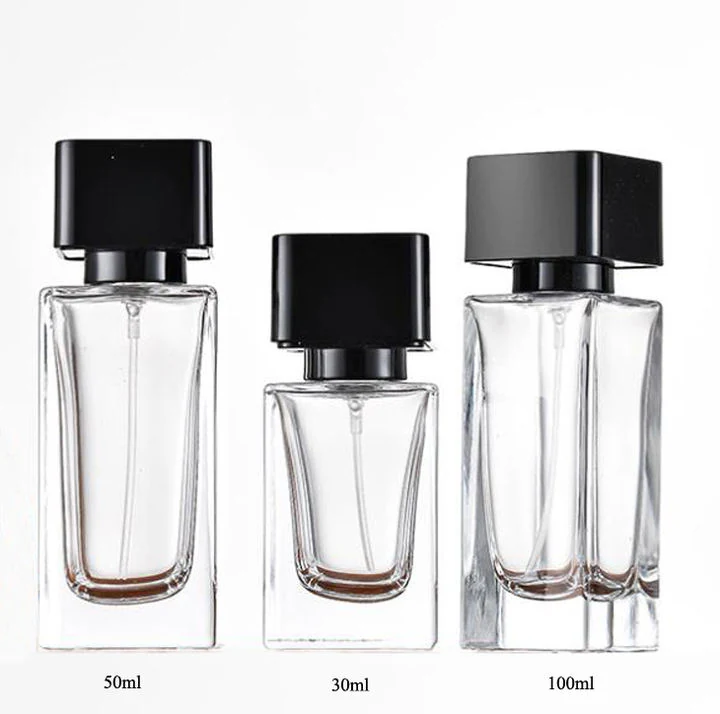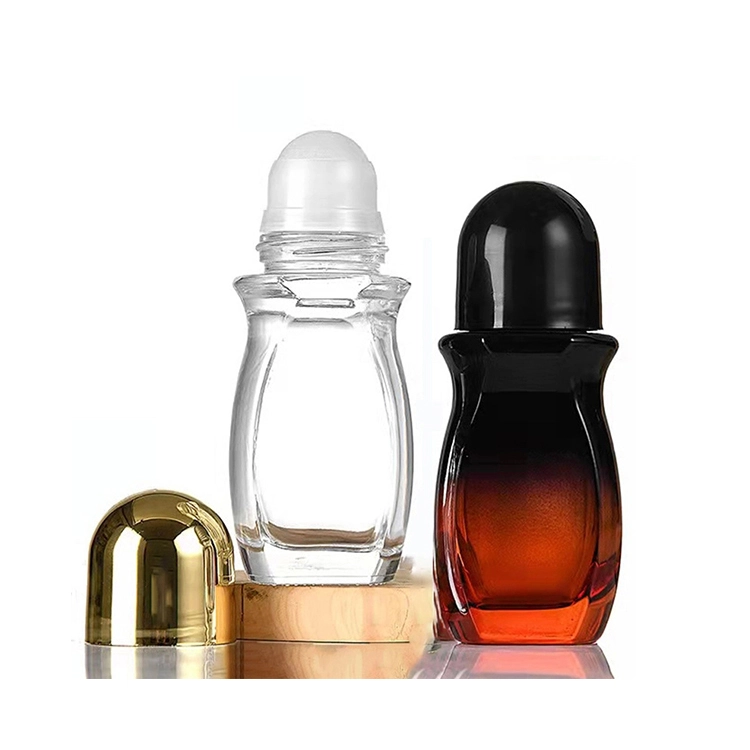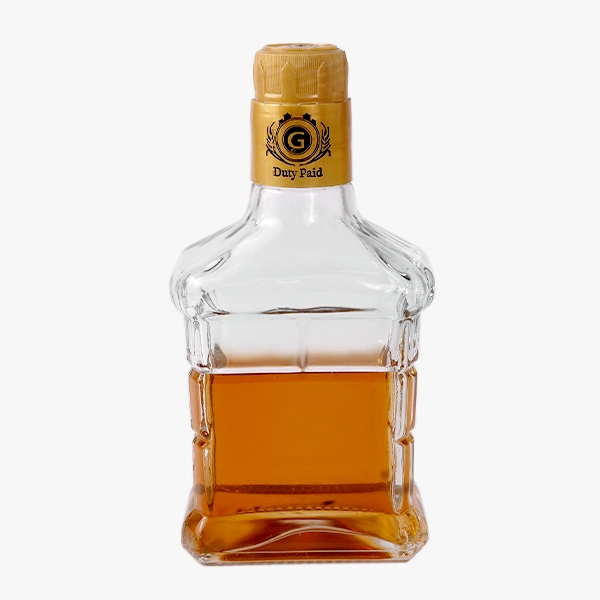
Part 1: Market Size and Growth
The glass bottle industry in Ethiopia has grown steadily due to demand from beverages, food, and cosmetics. Local breweries, soft drink companies, and juice producers drive most of the demand. Glass bottles are preferred for their durability, safety, and premium look.
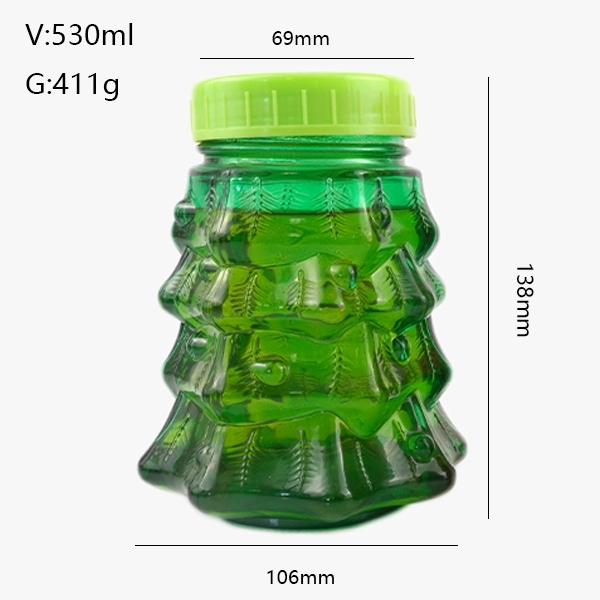
The market is expanding as craft beverages, olive oil, honey, and gourmet food producers increasingly require glass containers. Cosmetic and perfume brands also seek high-quality, customizable bottles for branding. Export potential to neighboring countries adds additional growth opportunities.
Government policies and industrial incentives support local production. Access to raw materials, machinery, and regional trade agreements influences industry growth. Ethiopia’s central location in East Africa enables manufacturers to serve regional markets efficiently.
Part 2: Leading Companies
Ethiopian Glass Factory
Ethiopian Glass Factory is one of the oldest and largest glass bottle producers in the country. It serves the beverage, food, and pharmaceutical sectors.
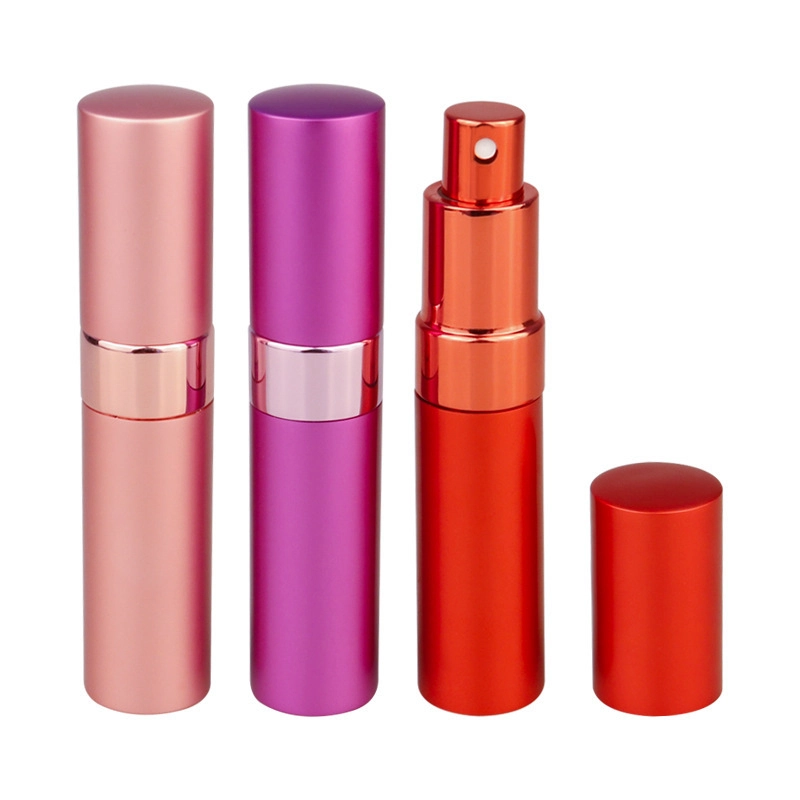
The company produces bottles for beer, soft drinks, juices, and medicinal products. Ethiopian Glass Factory focuses on quality control, durable production, and flexible designs. ISO certifications and quality standards enhance its reputation locally and regionally.
Addis Glass Packaging
Addis Glass Packaging provides bottles for beverages, cosmetics, and pharmaceuticals. Founded to support medium-sized producers, it emphasizes both standard and custom bottles.
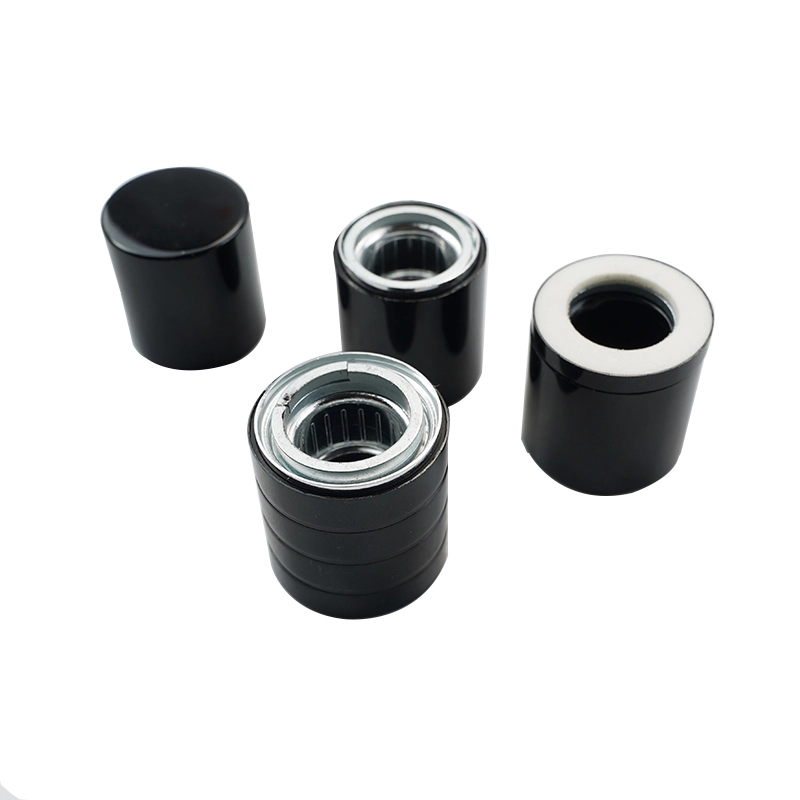
The company manufactures bottles for juice, wine, and perfume products. Its strengths are small-to-medium batch production, innovative designs, and eco-friendly initiatives. Recognition for sustainability improves its market credibility.
Oromia Glass & Containers
Oromia Glass & Containers is a newer manufacturer focusing on luxury and specialty bottles. It serves high-end beverages, perfumes, and gourmet food sectors.
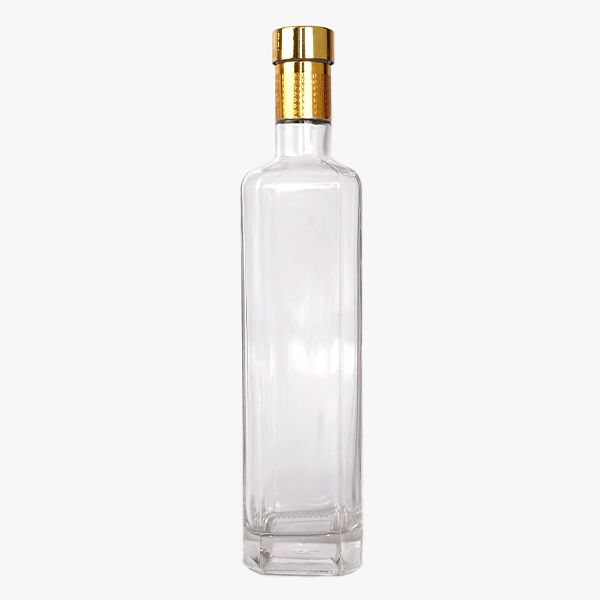
The company produces custom-designed perfume bottles, specialty wine containers, and decorative food jars. Eco-friendly production and modern finishing techniques are key selling points. Certifications in quality and sustainability attract both domestic and export clients.
| Company | Founded | Core Products | Industries | Certifications |
|---|---|---|---|---|
| Ethiopian Glass Factory | 20th Century | Beer, soft drink, medicinal bottles | Beverage, Food, Pharma | ISO & Quality Standards |
| Addis Glass Packaging | 21st Century | Juice, wine, perfume bottles | Beverage, Cosmetics, Pharma | Sustainability & Quality |
| Oromia Glass & Containers | Recent | Perfume & gourmet bottles | Cosmetics, Gourmet, Spirits | Sustainability & Quality |
Part 3: Trade Shows and Industry Events
Ethiopia International Trade Fair
The Ethiopia International Trade Fair provides a platform for glass bottle manufacturers to showcase their products to local and regional buyers.
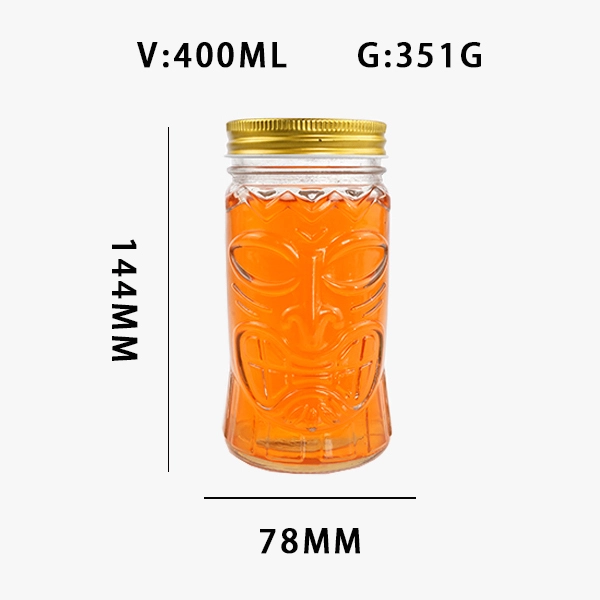
Held annually in Addis Ababa, the fair highlights innovative packaging solutions, sustainable practices, and networking opportunities. Manufacturers use this event to connect with distributors and expand market visibility.
East Africa Packaging Expo
A regional exhibition, East Africa Packaging Expo attracts packaging manufacturers from Ethiopia and neighboring countries.
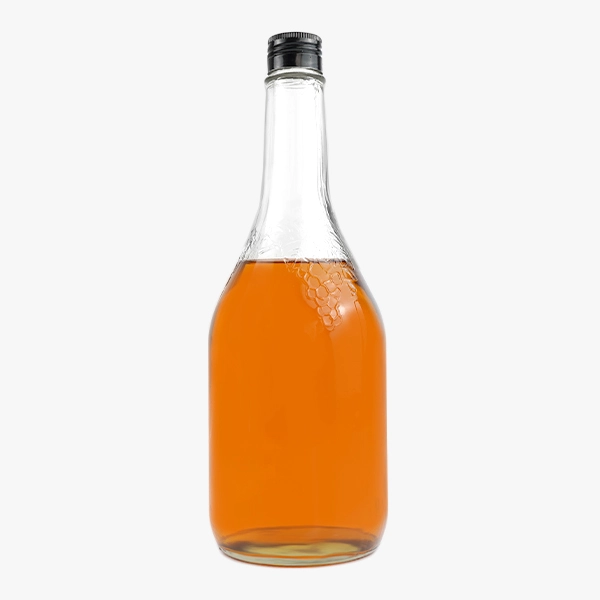
The expo focuses on glass, plastic, and metal packaging solutions. Innovation, sustainability, and regional trade opportunities are key highlights. Ethiopian manufacturers attend to explore export markets and learn modern production technologies.
| Event | Date | Location | Highlights |
|---|---|---|---|
| Ethiopia International Trade Fair | Annual | Addis Ababa, Ethiopia | Product showcases, networking, sustainable practices |
| East Africa Packaging Expo | Biennial | Rotating East Africa | Innovation, eco-packaging, regional trade opportunities |
Part 4: Impact of Global Trade Policies
Global trade policies impact Ethiopia’s glass bottle industry through import tariffs, raw material availability, and machinery access. Regional trade agreements with East African countries support exports but also create competition. Manufacturers rely on local sourcing and recycling to manage production costs.

Local initiatives promote domestic production and sustainability. Supply chain risks exist due to infrastructure limitations and transport costs. Focus on quality, eco-friendly production, and customization helps Ethiopian manufacturers remain competitive in regional markets.
Part 5: Conclusion
Ethiopia’s glass bottle industry serves beverages, cosmetics, pharmaceuticals, and gourmet food sectors. Companies prioritizing sustainability, design flexibility, and high-quality production are well-positioned for growth.
Challenges include supply chain limitations, infrastructure constraints, and regional competition. Success depends on innovation, eco-friendly practices, and leveraging regional partnerships to expand domestic and export markets.
Recommended Reading:
- Glass Bottle Manufacturers in Libya
- Glass Bottle Manufacturers in Bolivia
- Glass Bottle Manufacturers in Kosovo
- Glass Bottle Manufacturers in Kuwait
- Glass Bottle Manufacturers in Serbia
- Glass Bottle Manufacturers in Oman
- Glass Bottle Manufacturers in Palestine
- Glass Bottle Manufacturers in Zimbabwe
250ml 500ml 750ml Square Glass Whiskey Bottles With Cork
Customize 30ml 50 ml 100 ml Perfume Bottle Design Logo Glass Perfume Packaging Bottle
Glass Bottle Manufacturers in Peru
Frosted Glass Jars with Bamboo Lids Wholesale



